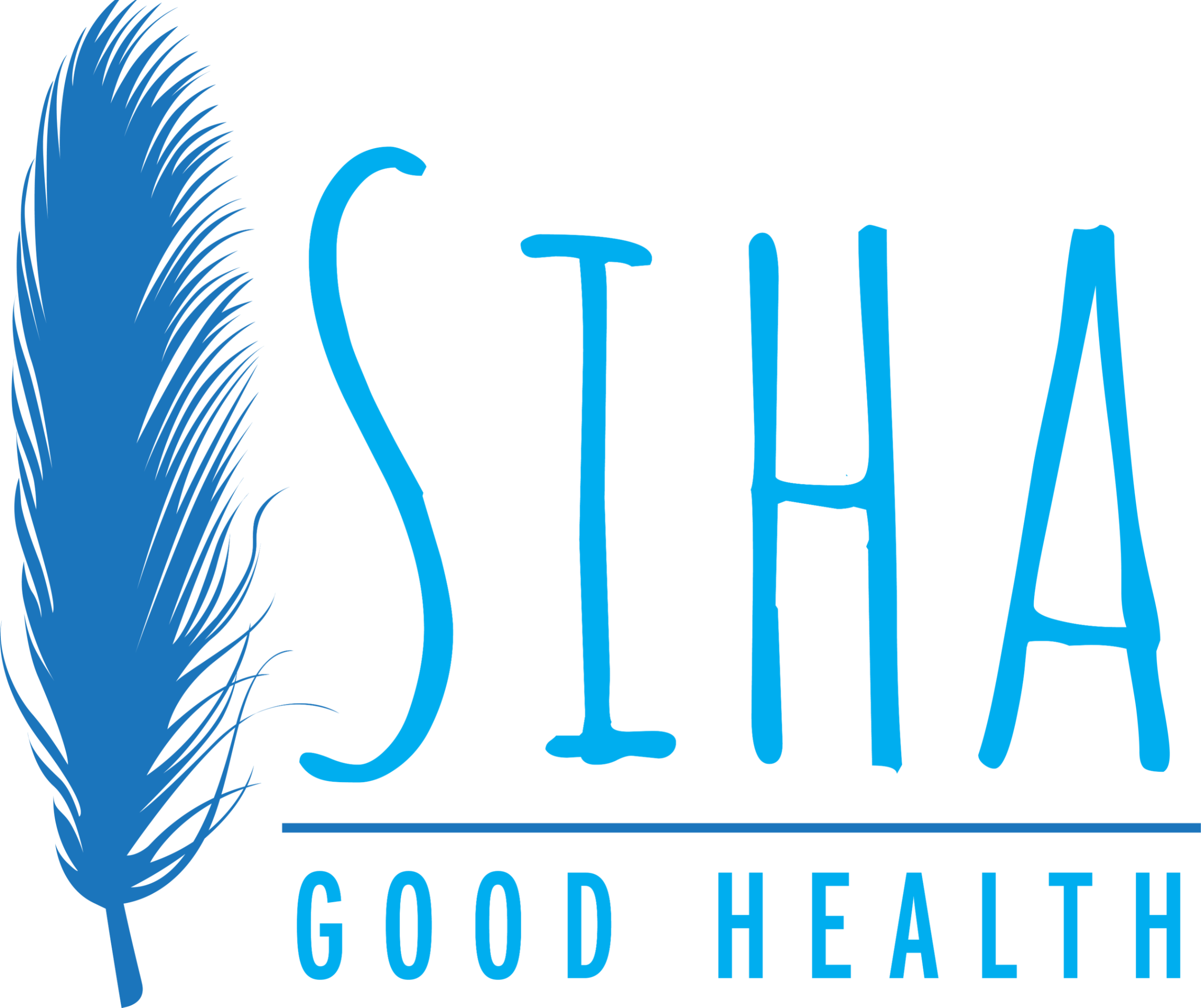My 4th Tri
- Siha...Good Health

- Apr 19, 2021
- 4 min read
A few months ago, I was visiting my sister and she checked in with me to see how I was adjusting since giving birth to my second child (who is now seven months old at the time of this blog post). In my most honest and blunt response, I replied, "It's a lot, I'm always tired, feel overwhelmed and just can't find my rhythm." She listened non-judgmentally in a way only an older sister can and allowed me the space to openly share my experience. I went on to say that pregnancy and child-birth were much easier for me, but it's the aftermath that is complicated and challenging for me once the baby is born. My sister shared similar sentiments then said something to the effect, " It sounds like you're adjusting to the fourth trimester, have you heard of it?" I told her I was unfamiliar but immediately became intrigued that there was a phase women experience after the baby is born.
Fortunately, my sister (a certified birth & postpartum doula) introduced me to a book, The Fourth Trimester by Kimberly Ann Johnson. While reading The Fourth Trimester, I am learning the significance of holistic healing for mothers once the baby is born. If the mother neglects this period it can be detrimental to mama and baby's overall well-being. Most people define the fourth trimester as the period of time mother gives birth to baby until three months after; basically, the same amount of time as the previous trimesters. However, some cultures extend the fourth trimester until one year post birth. Whatever the case may be, I am grateful there is literature available, and conversations are being held about how mother's feel postpartum, which is not to be confused with postpartum depression and anxiety. Postpartum hood, is such an important time for mother's considering the emotional, hormonal, physical and psychological changes a mother experiences after giving birth.
Six weeks after giving birth, my midwife performed the traditional postpartum screenings which did not indicate any postpartum anxiety or depression. In fact, I felt confident as a new mom because I had some experience of mothering my firstborn and incredible familial support to help me adjust to two children in the middle of a crazy and unknown global pandemic. But I was ill prepared for the constant overwhelming feeling of low energy, not because I could not sleep at a moment's notice, but because I did not have enough time to actually heal before returning to work. Prior to giving birth, I accepted a new position and knew I would only receive six weeks of maternity leave at most. Since I was not employed in the position for 12 consecutive months, I did not qualify for 12 weeks of paid maternity leave. Instead, I qualified for six weeks of unpaid maternity leave, which provided me with job security once I gave birth and returned to work. At the time, six weeks seemed long enough especially since my sister, her family, and my mom were home with me for the majority of my leave. Not to mention, my husband was on paternity leave for the initial two weeks and had the ability to work remotely due to the pandemic. Boy, was I wrong about six weeks being enough time to heal. As a result, I returned to work five weeks post birth (my newborn arrived week two of my six week leave) and I knew it was entirely too soon.
The first day I returned to work, I was still sore in my pelvic area, experienced some bleeding (which is natural after a vaginal birth), and mentally fatigued. I do not remember much of that day except for returning home on my lunch break to nurse my newborn. As my lunch break was nearing an end I began crying uncontrollably in my mother's arms and saying in between sobs "this is too much, pumping breast milk, working, everything. I don't know how much longer I can do all of this." Thankfully, my mom let me cry and just held me until I gained my composure. Once I finished my workday, I was beyond exhausted and barely had enough energy to spend quality time with my family. On several occasions I would begin watching a show on television and within twenty minutes I was in a deep slumber with my newborn nursing on my breast. The moments spent awake I felt like a "bad mom" because I fussed so much at my three-year-old due to the fatigue. It seemed everything set me off, instinctively I knew this lifestyle would not be sustainable long term.
While my work and home life did not change, I realized I needed additional support and sought out a professional therapist to help me adjust to postpartum hood. This was a difficult decision for me because I am a therapist and felt I should be able to counsel my way to my own healing. I eventually got over myself and found an amazing therapist who continues to support my healing process today.
I share this candid post birth experience for mothers to know you are not alone and it is okay to seek professional help even in the best scenario when you have a village of support in your community, family, and workplace. My conversations with my mother, sister, and reading The Fourth Trimester taught me that as mothers we need to advocate for our needs. Additionally, we need to be unapologetic and clearly state our needs even if they are unpopular. Our children need us whole and when we identify what is best for us we can then be available to our babies.
- Jensine
(This blog was originally posted on April 10, 2021 @ https://sihageaux.blogspot.com/)





Comments